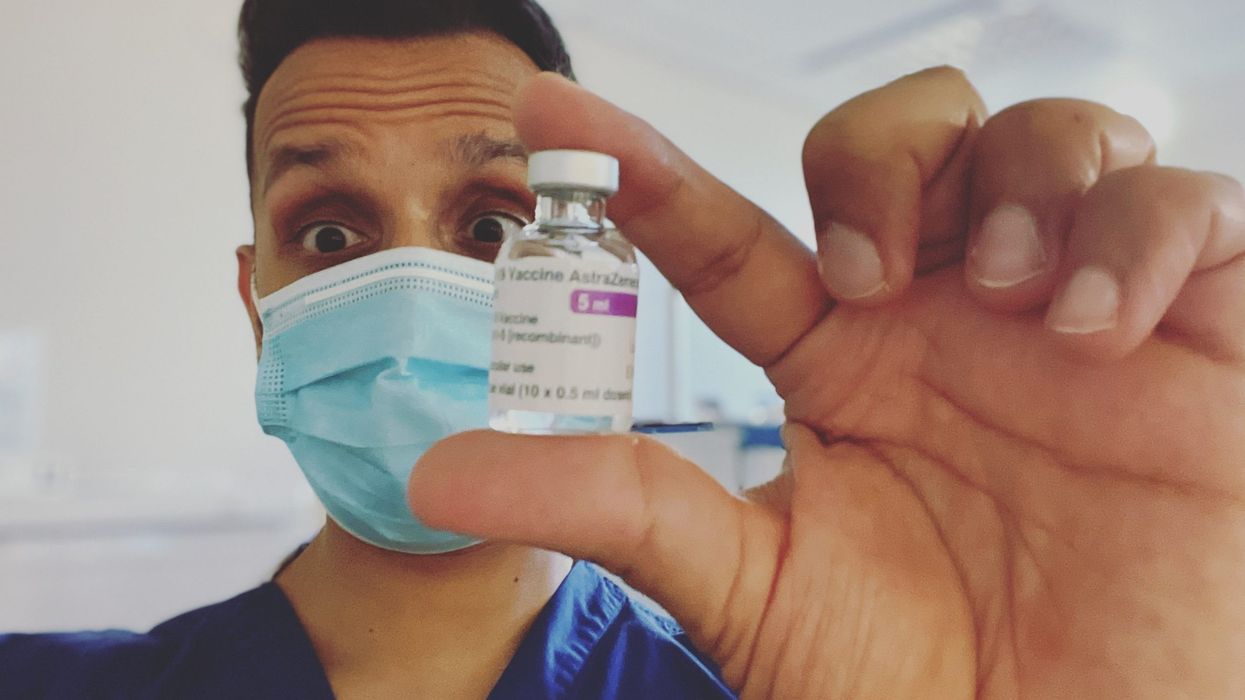By Dr Amir Khan, GP
As a GP, I was among the first to receive a COVID-19 vaccine. We are also giving the vaccine to our patients, many of whom are of South Asian descent and face a disproportionate risk of catching the virus.
The vaccine rollout is gaining pace, with over 70s now also among those being invited to have the jab. However, some people are still reluctant to have the COVID-19 vaccine, which is understandable, with anything new, it is important that we take the time to answers people’s questions. This is particularly important with the COVID-19 vaccine, as there has also been a lot of misinformation circulating amongst our communities about the vaccine.
Here are my answers to five common questions I often get asked about the vaccine.
How can the vaccines be safe when they have been developed so quickly?
There has been a huge global effort to find a way to save lives, which has seen the scientific community unite in an unprecedented way. This has enabled scientists to achieve results in months as opposed to years. Thousands of people have also come forward like never before to take part in vaccine trials, reducing the time it takes to find participants from years to weeks. Billions of pounds have also been allocated to support the search and rollout of these vaccines.
Although these vaccines have been developed quickly, no corners have been cut. Each one is monitored and approved by the Medicines and Healthcare products Regulatory Agency (MHRA), who are the regulatory body responsible for approving all the medicines we use in the UK.
Are the vaccines safe for pregnant women and those who want to have children?
There is no evidence that the vaccines pose a danger to pregnant women or that they cause infertility in men or women. Because more research needs to be done before the vaccines are routinely rolled out to pregnant women, they are currently being advised to make a decision whether or not to take a COVID-19 vaccine based on the risks they face. For example, if you are pregnant and a frontline worker or have an underlying health condition that puts you at an increased risk of COVID-19, you may want to take the vaccine.
Are there animal or foetal cells in the vaccine?
The vaccines contain no animal ingredients or human cells, therefore it is suitable for vegans. The Ox-ford AstraZeneca vaccine contains a negligible amount of ethanol, lower than that found in natural foods or bread. Many faith groups are increasingly making clear that vaccine is permissible by their religion, informing their members on the facts about the vaccine, with some places of worship making their sites available as vaccination sites for the community.
If someone has had COVID-19, do they still need to have the vaccine?
While it is likely that people who have had COVID-19 will be protected for some months, five months at best, if you have a had a severe case of the virus, it is important that they still get the vaccine to build their anti-bodies. If you have had COVID-19, it’s recommended you wait four weeks before receiving the vaccine.
Could having the COVID-19 vaccine give me the virus?
No. You can’t get COVID-19 from taking the vaccine. The vaccine teaches our immune systems how to identify and respond to the virus, and it does not alter your genetics, which is concern I sometimes hear.
It can take 4 to 5 weeks for the protection from the vaccine to start taking effect, so you could catch COVID after having the vaccine – but you will not get it from the jab.
We need the vaccine to protect us, our loved ones and communities from COVID-19. If you are still worried about the vaccine, or have questions, please seek out answers from trusted sources, such as your GP, or visit www.nhs.uk/covidvaccine





